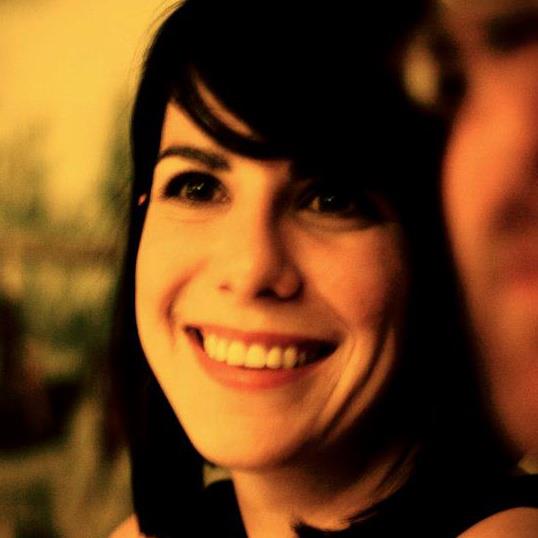I'm working on Chapter One right now, and one of the poems that is most important to my argument is called "A Folk Tale: With a Warning to Lovers." In it, two lovers want to be so close to each other that they end up fused, back to back; they end up miserable and inseparable, like sad Siamese twins, as Wilkinson puts it. You might recognize where this comes from; it's a take on one of Aristophanes' speeches in Plato's Symposium. He argued that we were originally fused, back to back, in three sexes (man & man, woman & woman, man & woman) and that the gods split us in order to diminish our power. Instead of plotting to overthrow the gods, we would spend all of our energy searching for our other half and devoting ourselves to them if we were lucky enough to find them. Wilkinson obviously thinks, in this poem at least, that Aristophanes' idea (well, Western culture's idea, really. Hello Valentine's Day!) of a soul-mate is ludicrous, but it's so fascinating that this is how she chooses to write about it.
I love how this very old story keeps coming back again, in Wilkinson in the early 1950s, and in the film Hedwig and the Angry Inch in 2001. Hedwig sings a song called The Origin of Love, which is a retelling of Aristophanes' myth. I remember watching it on Rosie, which really surprised me at the time because it was a family show, and some of the illustrations (and the title of the film, which refers to Hedwig's botched sex-change operation) are a bit graphic. That and the fact that Hedwig is a transsexual, which I'm sure the bigwigs weren't happy about. I remember loving the song, as I had just studied Plato in my first year philosophy course. Some stories will stay current forever, and as much as I sometimes think that Northrop Frye is crazy for believing that there are some myths that are inseparable from Western culture, I think that this is one of them.
Saturday, June 09, 2007
And it all comes around again
Posted by Melissa Dalgleish at 2:42 p.m.
Subscribe to:
Post Comments (Atom)




0 comments:
Post a Comment